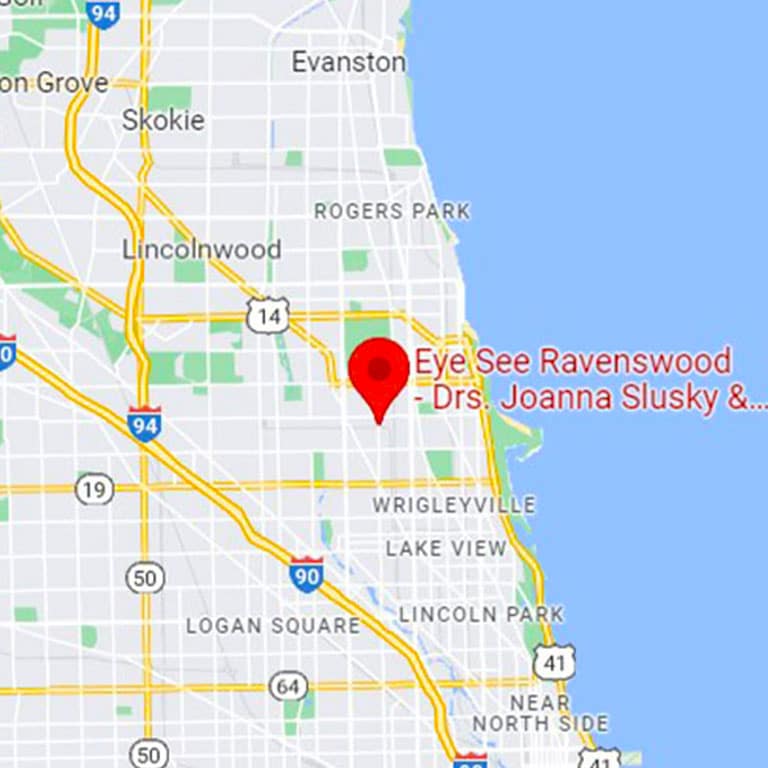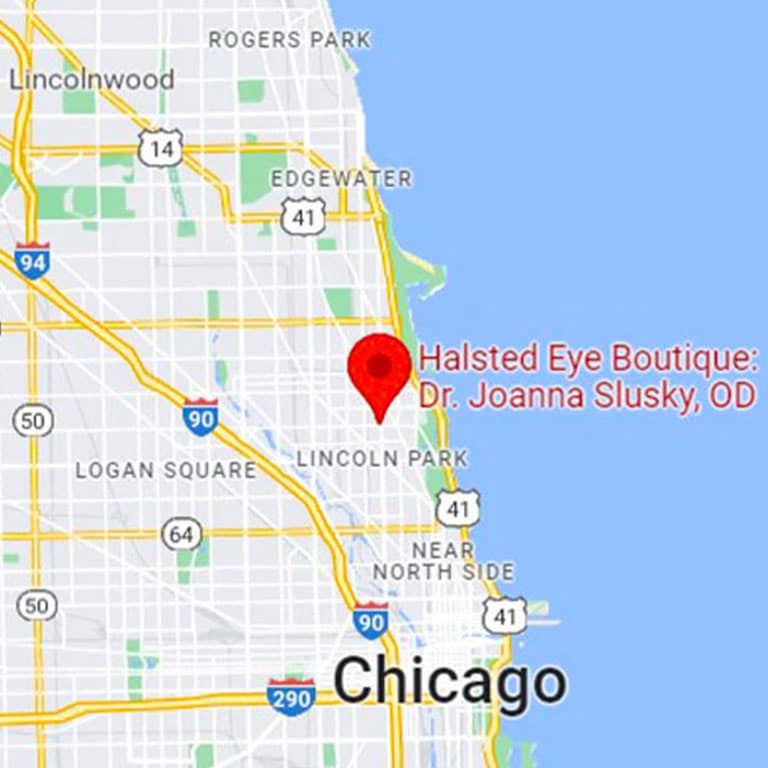Winter Triggers Allergies Too: How to Winterize Your Eyes
Most of us see winter as the time for warm, cozy fires and hot cocoa. But for millions of patients with eye allergies, winter is an endless barrage of irritating symptoms.
Dr. Andrea J. Stein of Eye See Ravenswood knows how difficult winter eye allergies can be. That’s why she specializes in helping patients throughout Chicago, Illinois, find relief from their symptoms.
Read on to learn more about common winter allergy triggers and how you can prepare for them.
Seasonal allergies can damage your eyes
You may be familiar with the different types of eye allergies. One common type is perennial allergic conjunctivitis (PAC), which causes allergies year-round. Though the symptoms of PAC may be milder at times, they can lead to infections if you rub your eyes too much.
Vernal keratoconjunctivitis is another eye allergy that occurs year-round and gets worse seasonally. Unlike PAC, the symptoms can be severe and impair your vision.
These eye allergies can get worse during the winter, as your exposure to indoor allergens increases.
Indoor allergens
We all know how brutal winter can be in Chicago, and to avoid that bone-chilling cold, we spend more time inside. Although the warmth of indoors is a blessing for many, it’s a curse if you suffer from indoor allergies.
The most common indoor allergens that affect your eyes are dust mites, mold, and pet dander. Normally, these triggers don’t cause too many problems for your eyes. If they become airborne, your A/C removes them while it’s cycling fresh air into your home.
In the winter, you keep your heat system on to avoid freezing. The issue with this, though, is the lack of ventilation. Your furnace keeps fresh, cold air out and recycles the warm air in your home. As a result, the airborne allergens remain inside and cause unpleasant reactions.
Cold, dry air
Warmer seasons bring humidity, so the air outside has a lot of moisture. Winter air is cold and dry, and it can trigger dry, itchy, burning eyes.
Preparation for winter eye allergies
The sad truth is you can’t completely avoid your allergies, but you can arm yourself to reduce the severity of your symptoms. Dr. Stein recommends the following tips to help manage indoor allergens:
- Use allergy-proof pillowcases and comforters
- Wash your bedding often in hot water
- Use a dehumidifier to control mold
- Clean areas at risk for mold growth weekly
- Shield your eyes when outdoors
If you have a pet, it can be a little tough to reduce your exposure to pet dander. Make sure to wash your hands after touching an animal, and try keeping your pets out of your room.







Leave a Reply
Want to join the discussion?Feel free to contribute!